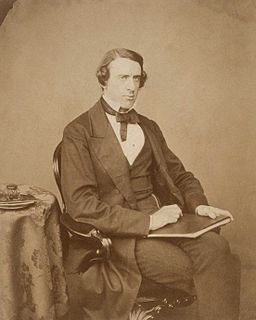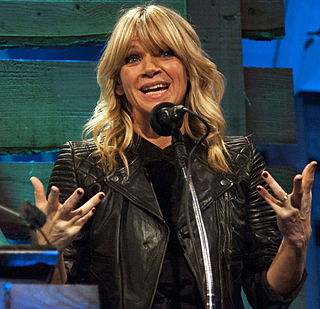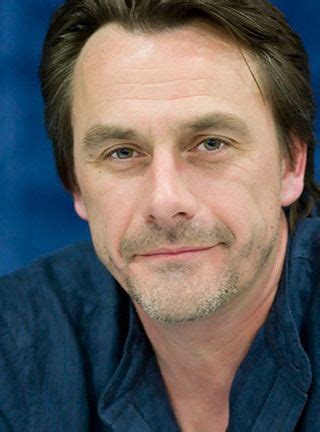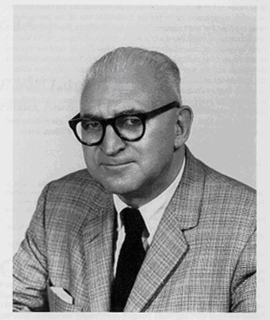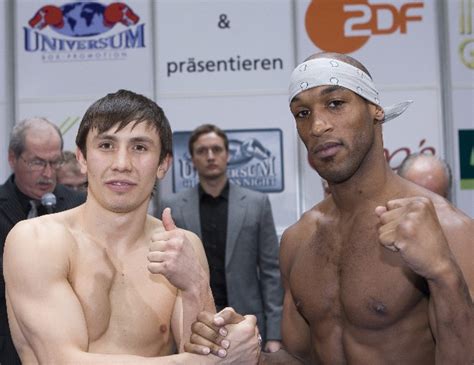A Quote by Leslie Stephen
If atheism is to be used to express the state of mind in which God is identified with the unknowable, and theology is pronounced to be a collection of meaningless words about unintelligible chimeras, then I have no doubt, and I think few people doubt.
Related Quotes
There are many different kinds of doubt. When we doubt the future, we call it worry. When doubt other people we call is suspicion. When we doubt ourselves we call it inferiority. When we doubt God we call it unbelief. When we doubt what we hear on television we call it intelligence! When we doubt everything we call it cynicism or skepticism.
Nobody likes to see a body, but it's better than seeing a ghost. Bodies just make you doubt the world and the people in it. Ghosts make you doubt everything, and to doubt it in a part of the mind that has no words to answer the question, where the comforting promises you make yourself are neither believed nor even really understood.
Take faith, for example. For many people in our world, the opposite of faith is doubt. The goal, then, within this understanding, is to eliminate doubt. But faith and doubt aren't opposites. Doubt is often a sign that your faith has a pulse, that it's alive and well and exploring and searching. Faith and doubt aren't opposites, they are, it turns out, excellent dance partners.
In fact, "atheism" is a term that should not even exist. No one ever needs to identify himself as a "non-astrologer" or a "non-alchemist." We do not have words for people who doubt that Elvis is still alive or that aliens have traversed the galaxy only to molest ranchers and their cattle. Atheism is nothing more than the noises reasonable people make in the presence of unjustified religious beliefs.
You know, on the spectrum of religious belief, there is atheism - these are people that don't believe. There's theism - these are the believers and agnostics say it's beyond comprehension that the whole issue of God us unknowable. You might be interested to know that perhaps the greatest mind of the 20th century Einstein, the one time that he actually used one of these appellations was in a letter about five years before he died and he referred to himself as an agnostic.
True belief is not about blind submission. It is about open-eyed acceptance, and acceptance requires persistent distance from the truth, and that distance is doubt. Doubt, in other words, can feed faith, rather than destroy it. And it forces us, even while believing, to recognize our fundamental duty with respect to God's truth: humility. We do not know. Which is why we believe.
